Role of the Speaker of the House of Assembly
Westminster Origins
In English parliamentary history the monarch appointed a person to be an intermediary between the Crown and the Parliament. By 1377 this person had come to be called Speaker - because he spoke to the monarch - and after 1600 the role of the Speaker was becoming more clearly defined. Increasingly however the Parliament sought to express its independence; for example, in 1629 Speaker Sir John Finch tried to adjourn the House on the orders of the King but was physically restrained by some of the members. When he was released the King adjourned Parliament for 11 years.
In 1641 when King Charles I entered the House to arrest five MPs a more independent Speaker, William Lenthall, when asked where they were, said that he 'had neither eyes to see nor tongue to speak in this place but as the House is pleased to direct me, whose servant I am here'. It is in this tradition that Speakers ever since have maintained that they are the 'servant' of the House.
Royal displeasure was however something to be feared, for in other times the Speaker has been beheaded, for example Speaker Sir John Bussy was executed by King Henry IV in 1399. This fate has led to a practice whereby each new Speaker, after nomination and election by ballot of MPs, shows apparent reluctance to accept the post and must be conducted to the Chair (taken with mock force) by two other MPs. Nonetheless it is today a prized position and each Speaker humbly vows to perform the duties of the position 'with dignity and impartiality'. These duties include maintaining order in the House, granting permission to speak and applying the rules of parliamentary procedure.
Tasmanian Background
The Tasmanian history of the position of Speaker needs a little clarification. When Tasmania gained an elected Legislative Council the presiding officer was known as the Speaker. This was the case from 1851 to 1856 when Tasmania achieved full responsible self-government and gained two Houses of Parliament. From then on the Legislative Council presiding officer has been known as the President and the presiding officer of the lower Chamber, the House of Assembly, has been known as the Speaker.
Roles and Duties
The Speaker must:
maintain, in an impartial, non-partisan manner, the order and security of the House and restrain unruly or unparliamentary behaviour;
maintain the integrity and independence of the Parliament and safeguard its authority and protect its members, which includes close involvement with the Standing Orders and Privileges Committees;
undertake official duties for the Parliament for example to transmit approved money bills to the State Governor for Royal Assent.
to represent the Parliament during VIP visits.
To assist their independence, Speakers do not have a vote in the normal parliamentary sense. Instead they have a casting vote which is used to decide an issue that has been deadlocked on an equal vote.
Election
The Speaker of the House is chosen by secret ballot of MHAs on the first sitting day after each election, and usually but not always, comes from the party with a majority on the floor of the House of Assembly. After their election the Speaker makes a formal visit to the Governor at Government House to reflect the ancient relationship between Speaker and monarch before returning to Parliament House.
